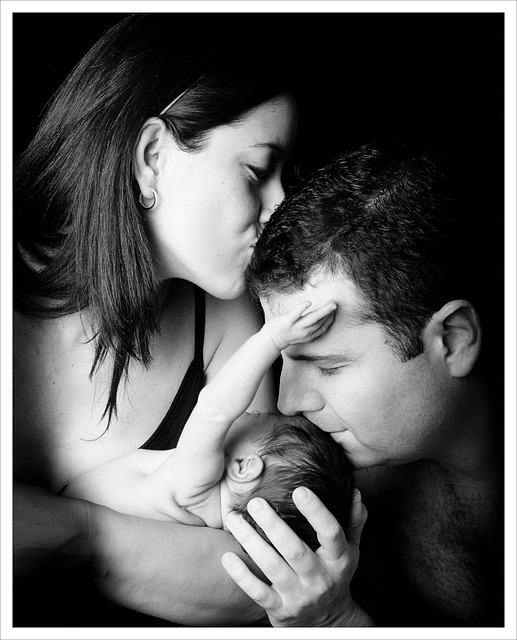When it comes to fertility, age plays a crucial role, especially for women. As you grow older, the number of eggs you have declines. This is a universal truth: your body doesn’t create more eggs, nor can you boost the quantity or quality of your egg supply through any treatment.
Interestingly, the trend of women having their first child later in life has been on the rise since the mid-1970s. However, a woman’s fertility actually peaks in her mid-20s, starts to wane around age 27, and then significantly drops after 35. Fertility is often gauged by a woman’s ability to conceive each month, which is closely linked to the quality of her eggs. As women age, their hormonal balance shifts, particularly affecting two key hormones: follicle-stimulating hormone (FSH) and luteinizing hormone (LH).
An increase in FSH levels typically indicates a decline in egg quality. Poor egg quality makes it harder for sperm to fertilize the egg naturally, and there may also be chromosomal abnormalities present in older eggs. This is why we often recommend a test like amniocentesis for pregnant women over 35.
Another important aspect to consider is the total egg count. Women are born with a finite number of eggs, usually between 1 to 2 million, but by the time menopause strikes in their early to mid-50s, only a few hundred may remain. To put it into perspective, the natural conception rate for women over 30 is about 20-30% each month, but by age 40, that drops to below 5%.
Did you know that during a routine OB/GYN exam, you can ask your doctor to assess your egg supply? Regardless of your age, it’s possible to request ovarian reserve testing, which many insurance plans cover. This proactive step can help women plan for the future and establish a baseline for future comparisons.
If you’re curious about managing fertility and overcoming performance anxiety, check out our blog on performance anxiety eased with the flexibility of makeamom. Additionally, for insights on successful home insemination kits, visit Cryobaby’s home insemination syringe kit. And for a deeper dive into IVF, Healthline offers some excellent resources.
In summary, age is a significant factor in fertility for women, influencing both the quantity and quality of eggs. Being informed and proactive can help in planning for family building.

